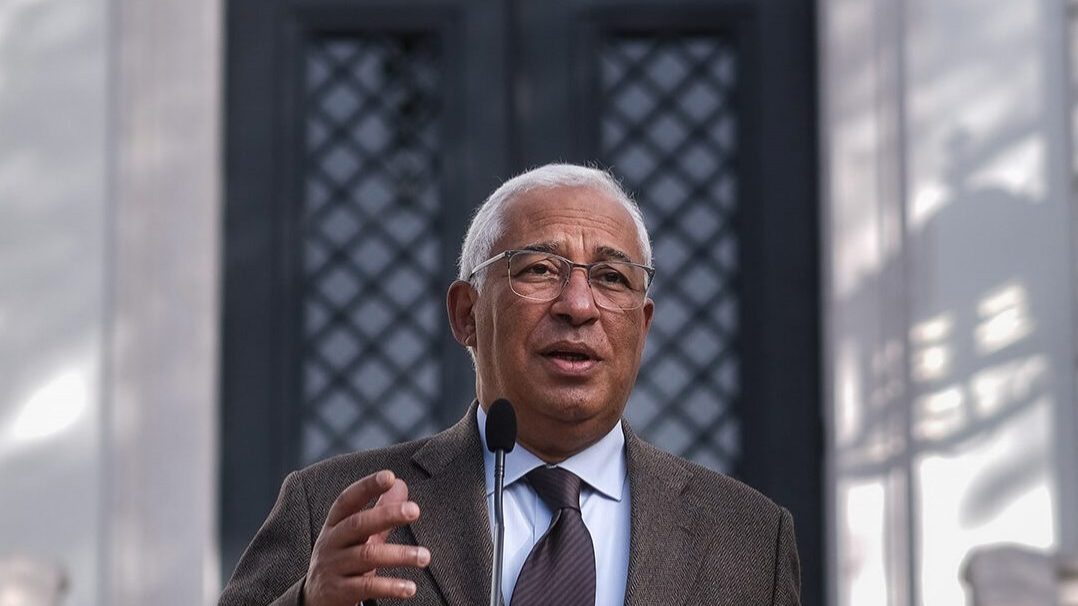Recovery funds ‘not check written by EU’ but deal with set goals
It was because Portugal had "met the targets and milestones" set down for 2022 that the "EC has already approved the payment of the 1st tranche and the payment of the 2nd tranche, said PM.
Portugal’s prime minister, António Costa, said on Wednesday that the logic of the country’s Recovery and Resilience Plan (RRP) for spending post-pandemic European Union funds “is not a check written” by the European Commission and distributed to a member state, but a contract signed with the EU with “goals, milestones and objectives.”
António Costa was speaking after participating in the start of the government’s ‘RRP Roadmap’ – on Wednesday afternoon visiting work on the construction of student accommodation at the University of Lisbon.
“The logic of the RRP is not a check that is written in Brussels for us to hand out in the country,” he said. “The RRP is a contract that we signed with the European Union that has a set of goals, milestones and objectives and in which payments are made as we meet the goals, milestones and objectives.”
According to the prime minister, it was because Portugal had “met the targets and milestones” set down for 2022 that the “European Commission has already approved the payment of the first tranche and the payment of the second tranche” of the funding, and the targets for the new year also have to be met.
“We do not evaluate the RRP by the amount that was paid, but by the movement that the RRP will generate and the movement is this: two health centres that we visited this morning, it is this residence that in the next academic year will be ready and it is thanks to this investment that students will have the beds available, that architects and designers have work, that construction companies have work and it is very difficult work in a very demanding time,” he emphasised.
Costa stressed that “everyone has a great anxiety and curiosity to know how the RRP is progressing and it is therefore important to see the RRP move.
“We are seeing this investment where we are going to have, in the set of these three properties, about nine hundred and ten beds that will serve as university residence in the city of Lisbon,” he said. “But this investment, as well as a range of investments that we are making in student accommodation, has a purpose that is to continue to increase the number of Portuguese men and women who have access to higher education.”
Noting that the student accommodation programme has €375 million earmarked to it in the RRP, Costa said that with the execution of these works across Portugal it will be possible to increase the number of beds in residences from around 15,000 to close to 27,000.
“A greater financial barrier even than the price of tuition fees is the cost of accommodation,” he noted. “Having affordable accommodation is an essential condition for more people to be able to attend higher education.”
Costa referred to the goal that the minister of science, technology and higher education, Elvira Fortunato, had cited earlier: to reach 2030 with 60% of 20-year-olds in higher education.
“This investment is not only to meet the needs of those who currently attend higher education, this investment is made so that we have the conditions for more people to attend higher education in the future,” he added.

